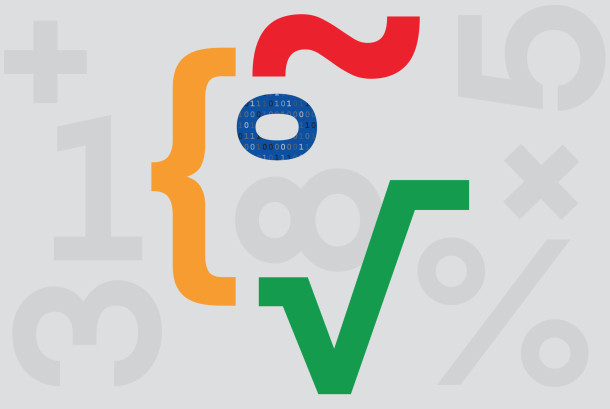Publication
Maths counts


Agnès Bardon
Editor-in-Chief, The UNESCO Courier
Perceived as abstract, intimidating and even traumatic, mathematics does not always get good reviews from students and the general public, who reduce it to a purely theoretical discipline, disconnected from reality. Yet the opposite is true. Mathematics is omnipresent in our daily lives.
Algorithms, at the heart of artificial intelligence, have made search engines and medical imaging possible. Mathematical models play a key role in a wide range of fields, from optimizing transportation networks to predicting cyclone trajectory to controlling the spread of an epidemic or the impact of a vaccination campaign.
Mathematics also tells a part of the world's history. Our past has been enriched by Sumerian tablets, the astronomical calculations of ancient Egypt and classical Greece, the scholars of the Mayan Empire and China, Indian arithmetic, and Arabic algebra.
Perhaps more than any other, this abstract science lends itself to dialogue between cultures and to international scientific cooperation. UNESCO recognized the importance of this science very early on when it set up the Latin American Centre for Mathematics in Buenos Aires, Argentina, in 1962. The Organization, which recently proclaimed 14 March as International Day of Mathematics, is now reflecting on the challenges of artificial intelligence and is developing programmes for access to the basic sciences, of which mathematics is a pillar.
Because maths may be everywhere, but many people are excluded from it. The obstacles related to this discipline are still numerous. Starting with gender disparities. It was not until 2014 that a woman – Maryam Mirzhakani of Iran – was awarded the prestigious Fields Medal. Although girls are now catching up in mathematics by the end of primary school, boys are still overrepresented among the top performers in this subject in primary and secondary education worldwide, according to statistics cited in the April 2022 Education for All Global Monitoring Report. Even when they are graduates, young women do not always feel empowered to pursue careers in science.
Moreover, the profession is struggling to recruit. At a time when the need has never been greater, the shortage of qualified mathematics teachers around the world is a threat to the future. And the range of this discipline’s application is still limited. Mathematical models, so useful for understanding the climate, biodiversity or medical research, remain largely confined to the fields of finance or economics. As the world faces social, climatic and technological challenges, it is crucial that the power of mathematics be more widely explored and, above all, more widely shared.

In this issue


